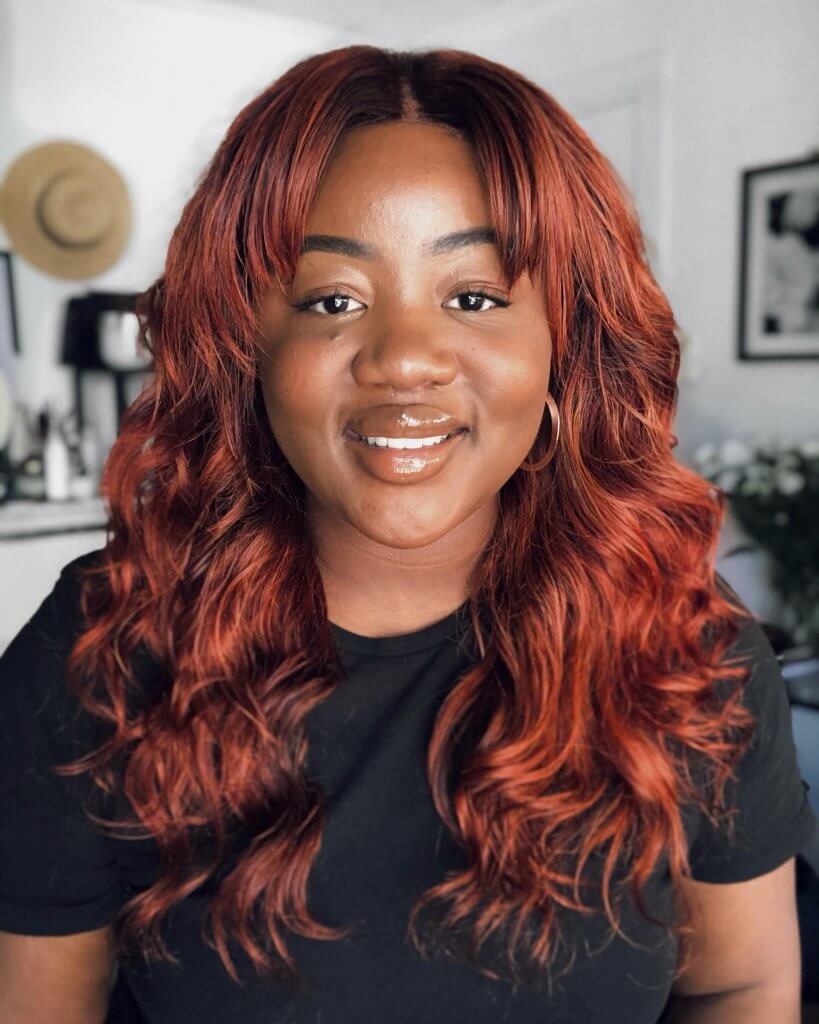by Ma-Musu Nyande
‘My sense of belonging and place in this country is constantly changing as much as the Australian population feelings and beliefs about people who look like me’
Khadija Gbla
This statement by Khadija runs through my mind almost daily. As I leave the comfort of my home and enter spaces I know were never intended for me, I am aware that my existence is treated as threatening to many, and my experiences, when shared, will never be as validated, appreciated or valued as my white female counterparts in this country.
This is my Australia.
People always say, ‘you must be so thankful to be in Australia where you are safe’, and I simply just reply with a smile and a nod. If I was to sit and unpack the dimensions of what safety looks being a black young woman in this country, I would be viewed as ungrateful and labelled the ‘bad refugee’. The war I survived prior to migrating to Australia can never be compared to the war I continue to face in this country. At least the civil war is over, but the racism, injustice, misogynoir, microaggression and gaslighting isn’t over, it’s only getting worse. I will never belong to a country that has created spaces and opportunities for some to thrive whilst refusing the same opportunity for some of us. Don’t get what I mean?

Here is an example.
In the midst of our pandemic, three African girls who look like me had their identities shared all over the country for breaking COVID-19 guidelines. No one cares about the impact that public shaming will have on their self-worth, mental health and wellbeing. No one cared! Less than three days later, three Victorian men crossed SA borders by breaking COVID-19 guidelines, but their identities were shielded from the public to protect their mental health. Same crime, very different consequences. This is my Australia. The fact we can value the mental and wellbeing of one group and dismiss it for another group will never sit right with me. It will continue to stand as a reminder of why my place in the country will always be conditional.
I am not safe, I am unprotected and I am undervalued.
There is not a picture, nor quote or frankly, any words to express the gut-wrenching pain people who look like me feel to know how unsafe, unloved and unprotected in this country we are. To know that we are only valued when we act right and shamed, dismissed and gas-light when we don’t fit the picture of the ideal refugee. That my place in this country is conditional, not by imagination but by my lived reality.
I live my life guarded, not because I am a woman and my fear of being assaulted is real and justified but because I am a BLACK WOMAN. My race speaks for me before my sex.
The world sees me as a black woman, not a woman who is black. My intersectional identity contributes differently to my experiences in this country and therefore acts as a contributing factor to my place in this country.
This is my Australia.
Ma-Musu Kugba Nyande is youth leader and community advocate within the African Community in South Australia. She works as a Project Officer at Morella Community Centre in South Australia.
In 2018 she launched her business ‘NyandeBo’ to create opportunities for women of colour to network, share experiences and bond. It’s also a space black women can feel safe and be surrounded by a community of women who understand their experience. She has also become a bridge connecting other community groups with the African Community in South Australia. As part of her business, Ma-Musu added community consultation to help provide cultural safety training to organisations and businesses. This includes exploring ways and initiatives business and organisations can be more diverse, unpacking implicit biases and ways organisations can combat the conversation of racism, discrimination within the workforce and in our daily lives.
As a daughter, sister, friend and community representative, Ma-Musu is passionate about engaging, closing the gap to ensure minority groups have a seat at the table and are represented. She’s also a strong advocate for financial literacy for women, mental health and wellness within the African community.




